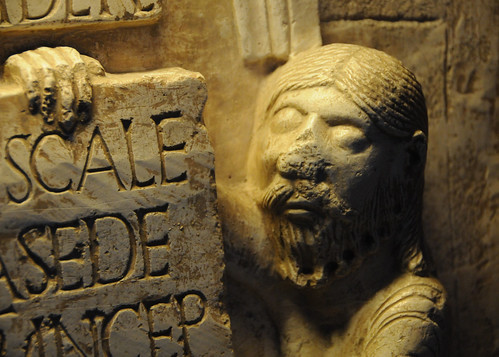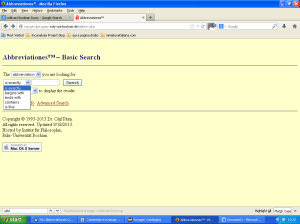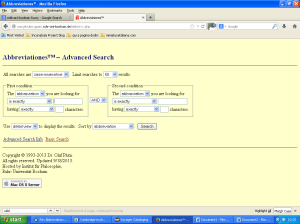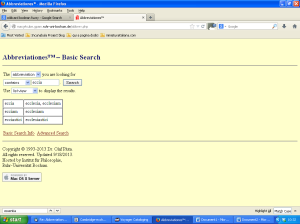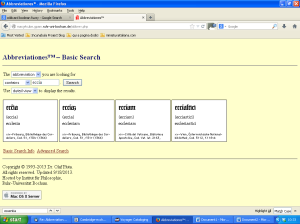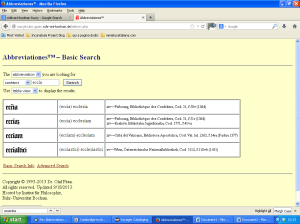Abbreviationes online
New on eresources@cambridge A-Z : Abbreviationes online
Abbreviationes Online is a database designed to help researchers in the identification and expansion of abbreviations of Latin words that are found in Medieval and Renaissance manuscripts and early printed books.
These abbreviations – obtained by contraction, elision, initialism of the words or the use of symbols – were commonly employed by Western scribes from the late Antiquity to the Renaissance when copying Latin texts by hand. They were also used in the reproduction of Latin texts in European printed books from the middle of the 15th century onwards.
Latin was the common language of literacy in Western Europe from the Roman Antiquity to the Renaissance. It was the language of religious and liturgical texts, philosophical, historical, legal and scientific treatises, literary texts and legal charters and deeds. The ability to read and interpret correctly the primary sources of these texts – both in manuscript and in print – is therefore of paramount importance for any researcher, scholar, student and librarian working on any given subject relating to the Middle Ages and the Renaissance.
Abbreviationes Online provides an excellent online tool for the reading and understanding of such texts, supplanting and expanding the traditional printed dictionaries of abbreviations such as Walther, Chassant, Wright and Cappelli.
The database offers multiple search options which allow flexible and complex searches (through wildcard search and fuzzy expert system)
(Click on the images below to increase resolution.)
The results are displayed as lists,
detailed cards, which provide date and location of the first known appearance of the abbreviation among those listed in the database,
or detailed tables, which provide date and location of all the abbreviation instances listed in the database
The database is easily accessible through computers, laptops and smartphones as it is supported by all the main online browsers, such as Microsoft Internet Explorer, Apple Safari, Mozilla Firefox, Opera, and Google Chrome and their mobile versions.
Annually updated and enhanced, the database is not only the ideal resource tool for any researcher, scholar, student and librarian of medieval and Renaissance written culture, but also the perfect teaching aid for the palaeographical preparation of scholars and researchers of the future.
Access Abbreviationes online via the eresources@cambridge A-Z or at this link.
Original post published on 22/11/2013 in the ejournals@cambridge blog.
Dott. Laura Nuvoloni, Research Associate, Incunabula Cataloguing Project, Rare Books, Cambridge University Library.

